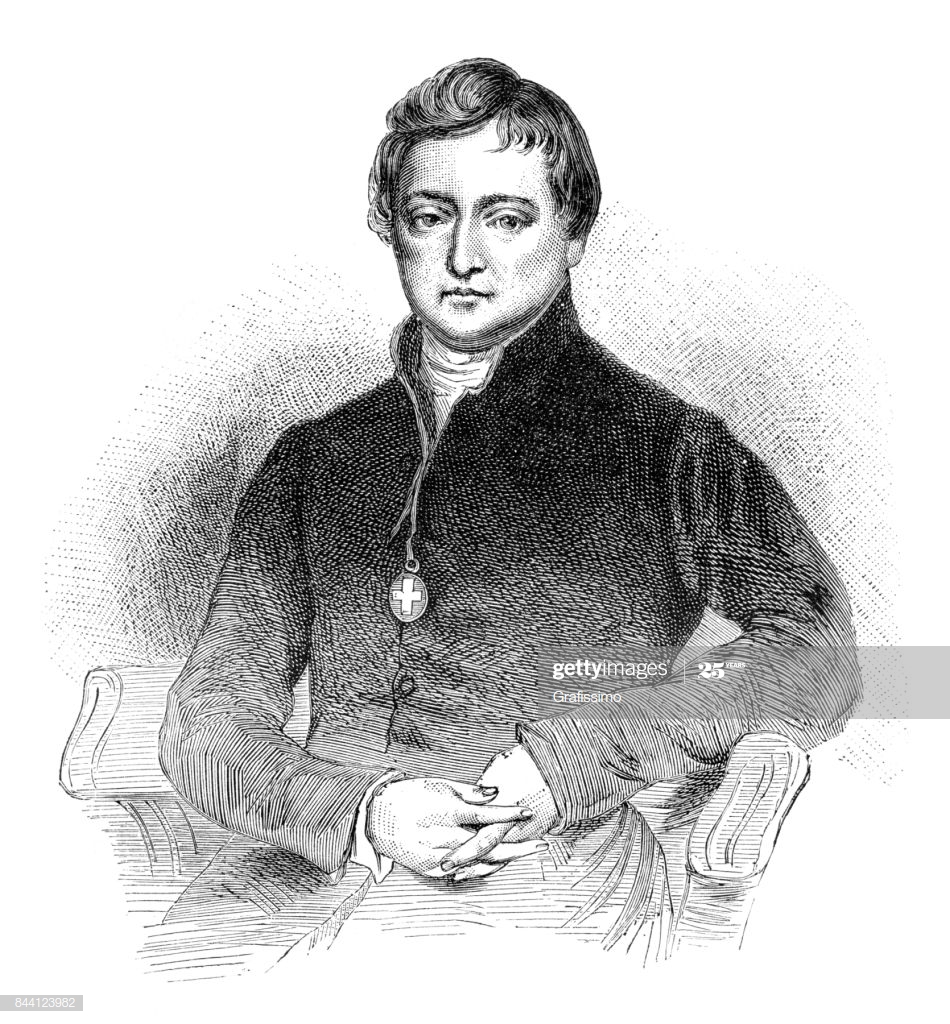
Some 5 miles west of Cashel, the ancient capital of the county of Tipperary in The Golden Vale stood a noble mansion called Thomastown. It was here in 1790 that Theobold Mathew was born. The Mathew demesne had pleasure grounds, pools of ornamental water and long terraces. Theobald was, from his infancy, the favourite child of his mother. He was kind and caring. At a local coursing meeting he witnessed with horror and compassion the agony of a poor hunted hare in its breathless struggles with some fierce dogs.
When he had reached his 12th year Lady Elizabeth, his friend and mentor announced her intention of educating him at her own cost. He was sent to a well regarded school in Kilkenny where he settled in well. Easter came and he was overcome with homesickness. Without telling anyone he set off for home – a journey of about 35 miles. Though weary and footsore he never forgot the great welcome he received from his family.
He entered Maynooth College in 1807 but was destined to have a short sojourn there. Institutional rules were strictly enforced, one of which was that no student should visit another in his room. Theobald did just that and with the threat of expulsion hanging over him he left of his own accord in 1808. Ironic that years later he would be welcomed back to Maynooth with great pomp and ceremony.
The future priest decided to enter the Capuchin Order and thereby attached himself to the lowliest of the Regular Orders in Ireland. On Easter Saturday 1814 he was ordained in Dublin by Dr. Murray, who was to remain his faithful friend and powerful supporter for life.
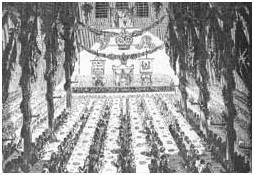
And so on to Cork where the two representatives of the Order were Fr. O’Leary and Fr. Donovan. Fr. Donovan especially had had a chequered career. In his earlier life he had been chaplain to a Nobleman in Paris. When the French Revolution burst upon the country the Nobleman and his family departed in haste for the sanctuary of England as indeed did the great Daniel O’ Connell. Fr. Donovan stayed on to mind the Nobleman’s valuable hotel and its contents. The revolutionaries were enraged at the loss of their quarries. But the guillotine could not be entirely cheated of its victims and any supporters of the old hated regime could fill in and satiate the blood-lust of the mobs. After a very quick trial a verdict of treason was delivered and Fr. Donovan , and others like him, were on their way to the place of execution in a convoy of wagons. In the nick of time a splendidly attired officer rode up to the cavalcade and cried out, “Are there any Irish among you?” “There are seven of us”, shrieked Fr. Donovan. They were saved. Years later he would still joke about the ordeal, “for though”, he would say, “my pate was never any great thing of beauty, I would have felt mighty awkward without it”. In those, thankfully, far off days lives counted for little. Executions were frequent often for relatively trivial crimes. Fr. Donovan and Fr. Mathew were particularly sympathetic to the condemned men and would often stay up with them the night before they were to be launched into eternity. To make a decent appearance on the scaffold was a matter of pride, and indeed a consolation to the prisoner and his family. Often Fr. Mathew or Fr. Donovan would lend their own shirts for the occasion.
Fr. Mathew was now a governor of The House of Industry in Cork, the Workhouse of those days. He saw misery, poverty and sickness at its worst. He sorrowed at the degradation of the drunkard, but even more so the plight of the drunkard’s wife and children. To counter the alcoholic malaise a small group had tried to further the cause of Temperance, most notable of whom was the Quaker, William Martin. Their efforts were mainly scoffed at, but gradually Fr. Mathew through the persistence of Martin, was drawn towards the movement.
When it became known that Fr. Mathew was becoming involved, such was his reputation that people flocked to his standard, and in less than a year 200,000 names had been enrolled as members of the total abstinence movement. Fr Mathew encouraged the pledge takers with fiery speeches and some noteworthy rhymes, one of which was:
” Drink from the bubbling fountain free
‘Twas Samson’s drink, ’tis good for thee.”
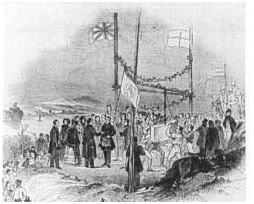
The massive reduction in alcoholic consumption had a marked effect on lawlessness. Faction fights decreased. At O’Connell’s monster meetings sobriety was a welcome new phenomenon. From 1838 to 1841 homicides decreased from 247 to 105. Transportation to Australia went from 916 in 1839 down to 504 in 1846.The consumption of spirits took a sharp fall from 12.2 million gallons in 1839 to 5.5 millions in 1844.
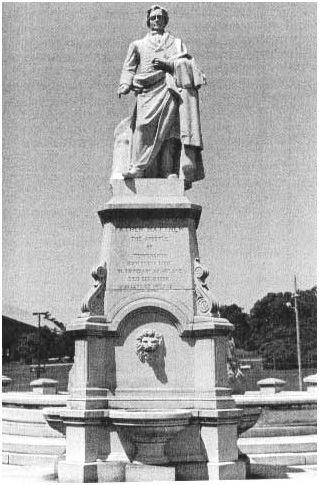
For the situation in the Blessington area we are indebted to that old stalwart Elizabeth Smith of Baltyboys House who kept a meticulous diary of events in the 1840’s. The following quotations are of particular relevance.
March 1840
“Mr Murray (Lord Downshire’s agent) showed us a Temperance Medal, rather handsome. It is really curious what an effect Father Matthew is producing, the distilleries are in many places given up, the breweries even injured. Our brewer told us he does not sell one cask of beer now for twenty he used to sell; that and the fine of five shillings really seem to have produced great effect; that odious whiskey, it is the bane of Ireland the money spent on this abominable poison would keep each family in comfort, besides that with so excitable a people the use of spirits maddens them and puts them up to the commission of every crime.”
November 1840 :
“Father Matthew to preach at Black Ditches (Valleymount) to-day. Such crowds already on the road, the hill and the bridge swarming . All the country will be there: and no one before him ever did so much good to it, already rags are disappearing, the people are looking fat, clear, clean and more cheerful. In Blessington, where I know every second house once sold whiskey, there are not three in the whole town now where it is to be had. Coffee, tea and bread to be had in the teetotal shops instead, and on market day quantities of meat bought. Drinking was the curse of the country, It is by no means as poverty-stricken as it looked. The means of the people for the most part were fully adequate to their comfort, but they wasted in riot what would have supported their families well. I have known a farmer take his oats to market and spend every shilling of the price of them on whiskey before he left it. Punch and a pipe- that was the Irish comfort, and to enjoy it he sat in a ruined cabin in a ragged dress by a cold hearth, with a starving set of children round him.”
And, yet, despite the great strides that had been made catastrophe was not far away. The potato blight struck in 1845. It was worse in 1846 and reached its peak in Black ’47, causing widespread hunger, misery, desolation and death. In their abject, hopeless depression people turned to drink once more, and in a few short years they were back almost to where they had started from.
But the spirit of Fr. Mathew’s great movement lived on and up until recent years the Pioneer Total Abstinence Association had a large number of adherents in Ireland. Now our new-found wealth has once again set our young people especially on a spiral of week-end binge drinking. We now drink to excess for God knows what reason.
P. S. Thomastown House is now in ruins, but there remains near it a statue in honour of the Apostle.
Any comments or questions would be welcome: To contact Jim Corley please click here
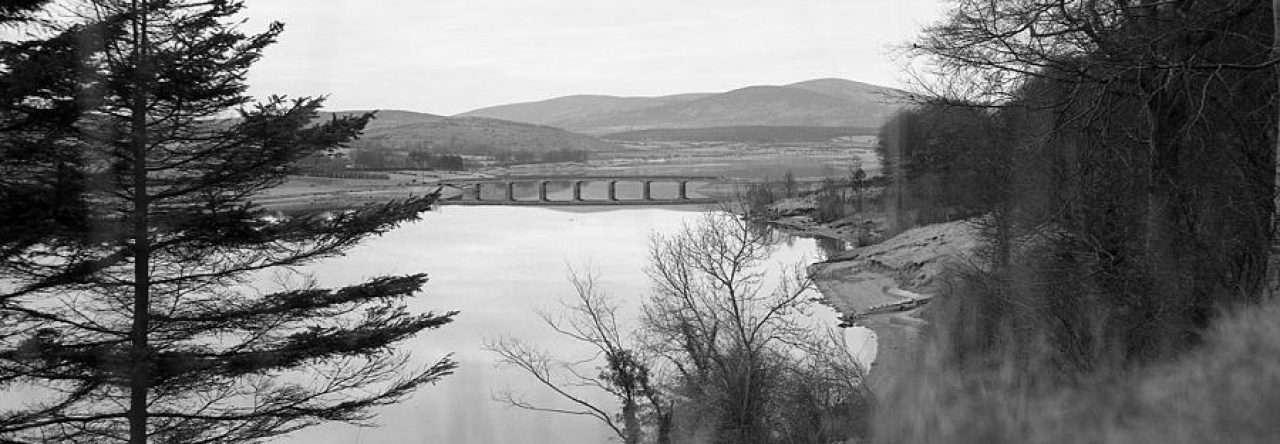

Leave a Reply